On the hill in To Dia pit, Hanh Thien commune, Mr. Nguyen Van Hanh chose to develop the economy with durian trees and initially had success with this model. Mr. Hanh said that in the past, this hill garden mainly grew acacia, but he has "fallen in love" with durian trees and some other crops thanks to his access to science and technology and training in cultivation techniques.
With an area of 5,000 square meters, Mr. Hanh currently has 40 Mang Thong durian trees ready for harvest. On average, there are 36 durians per tree, with an expected yield of nearly 1.5 tons. The current selling price of the garden is 70,000 VND/kg. This is the second year Mr. Hanh has harvested durian. Not only is it delicious and clean, thanks to good care and effective techniques, the durian garden always produces fruit that meets the requirements, with even size and quality that is second to none.

Mr. Hanh shares his experience in growing crops on hilly land.
According to Mr. Hanh, in order for the plants to grow well and yield, in addition to watering them sufficiently, the main thing is to fertilize them with organic fertilizers and bio-fertilizers. This is also a way to improve and increase the porosity of the soil. When you first start farming, it is also very difficult because planting trees does not bring immediate income.
“The difficulty with durian trees is that they require a large investment. When the trees were young, my family had a hard time. It wasn’t until the trees were 4-5 years old and started to bear fruit that my family felt secure. I persevered in taking care of the durian garden with the right techniques. The trees grew well, producing fragrant, sweet, thin-skinned fruit,” Mr. Hanh shared.
Next to the durian garden, looking at hundreds of straight, lush green pepper poles, it is hard to imagine that more than ten years ago, this hilly area was barren. Currently, there are about 600 pepper trees, 14 years old. In 2024 alone, Mr. Hanh harvested 300 kg of pepper, selling for 130,000 VND/kg.
Mr. Hanh shared: “If you want pepper plants to grow well, in addition to good varieties, you need to pay attention to care and fertilization. Choosing to plant living poles for the pepper vines to climb is also highly effective, limiting pests and diseases.”

Durian gardens all produce fruits of the required size.
Taking us around the garden, Mr. Hanh excitedly said that in order to have a source of income, besides growing perennial plants, he also grows short-term plants such as lemongrass, avocado, etc. Taking short-term to support long-term, taking advantage of every vacant land, his garden is getting greener and greener, giving high productivity. Just from growing lemongrass around the garden, he sells nearly 20 million VND each year. In addition, in his garden there are currently over 700 areca trees.
Over the years, Hanh Thien commune has always identified economic development in hilly areas and crop conversion as one of the key programs and strengths of the locality.
Vice President of the Farmers' Association of Nghia Hanh District, Le Thi Nhat, said that Mr. Nguyen Van Hanh's successful model has been highly appreciated by many farming households in the commune. Along with his efforts to get rich on his family's garden, Mr. Hanh is also willing to share his experience with farmers in converting crops and getting rich legitimately with many new crops of high economic value. Recently, a working delegation from Tien Phuoc District, Quang Nam Province visited and learned from Mr. Hanh's model.
“Mr. Nguyen Van Hanh is a farmer who knows how to promote creativity and overcome difficulties in production to develop the family economy, improve living standards, contribute to promoting the restructuring of the agricultural economy and building new rural areas in the locality,” said Ms. Nhat.


![[Photo] Da Nang: Hundreds of people join hands to clean up a vital tourist route after storm No. 13](https://vphoto.vietnam.vn/thumb/1200x675/vietnam/resource/IMAGE/2025/11/07/1762491638903_image-3-1353-jpg.webp)












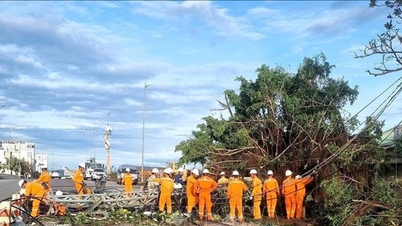




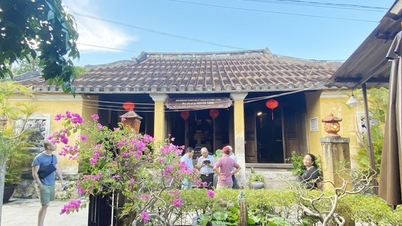

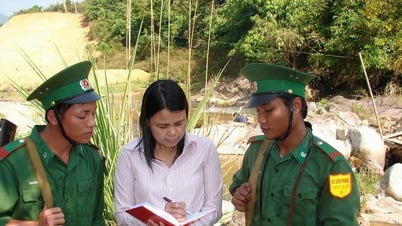
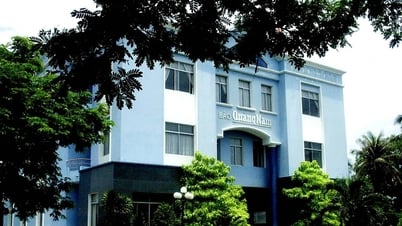
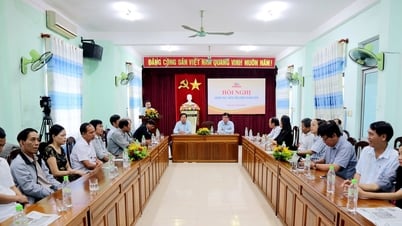





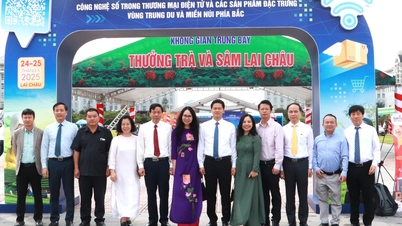



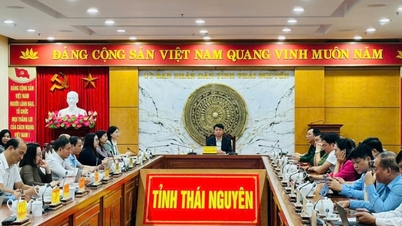























































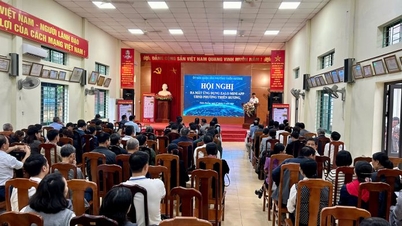

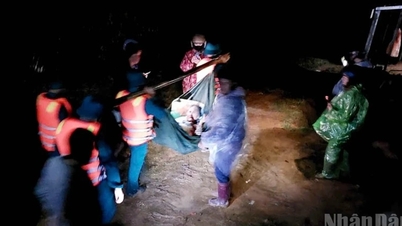
















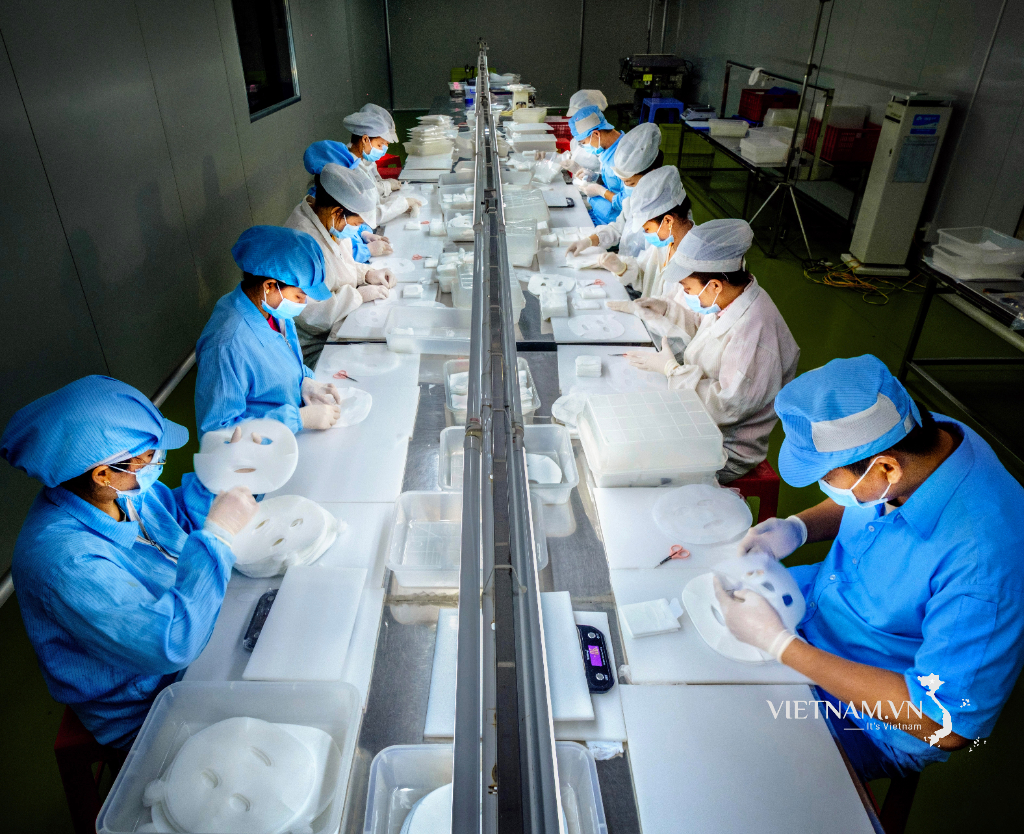


Comment (0)